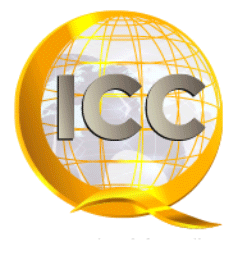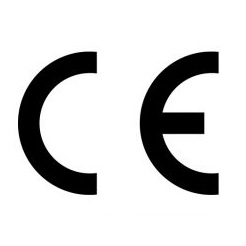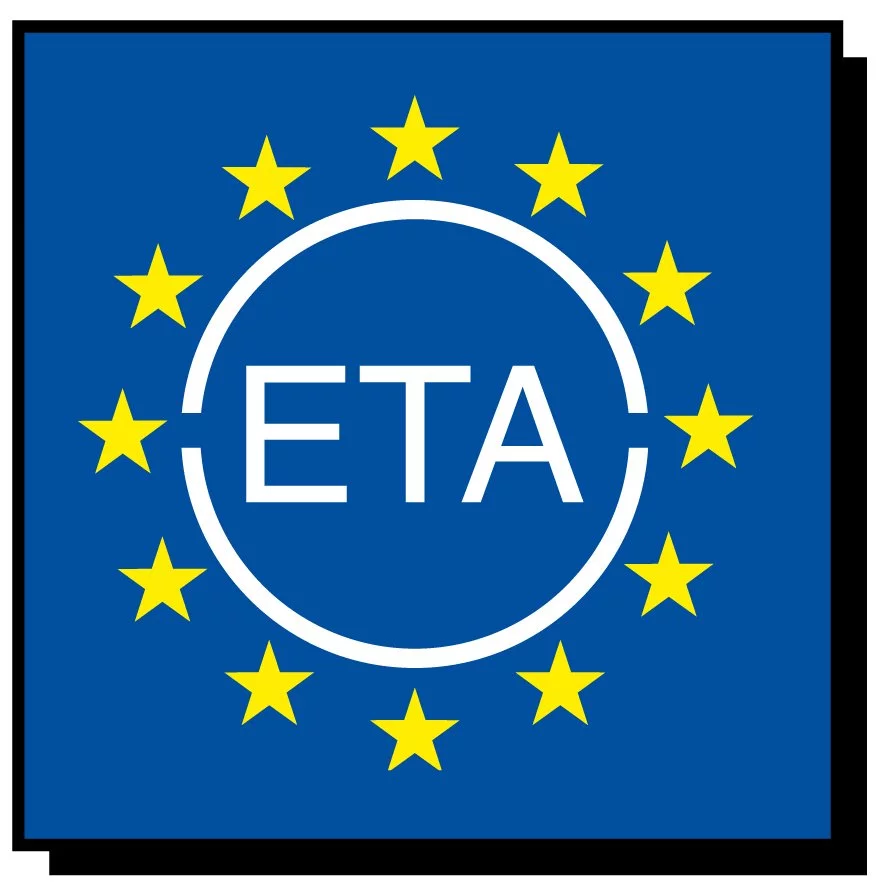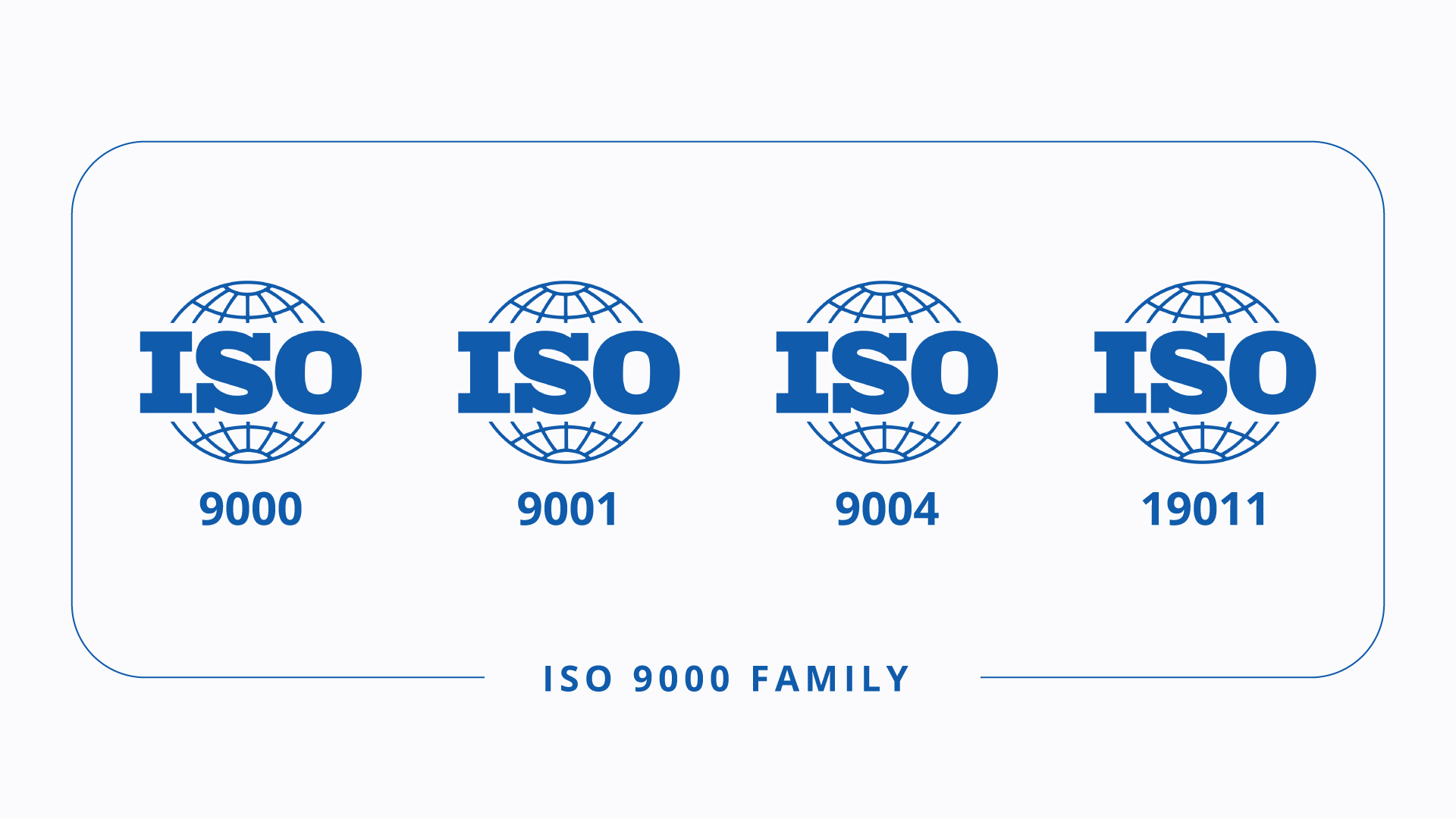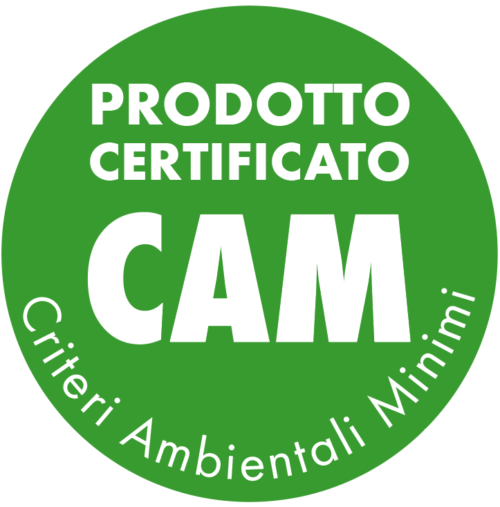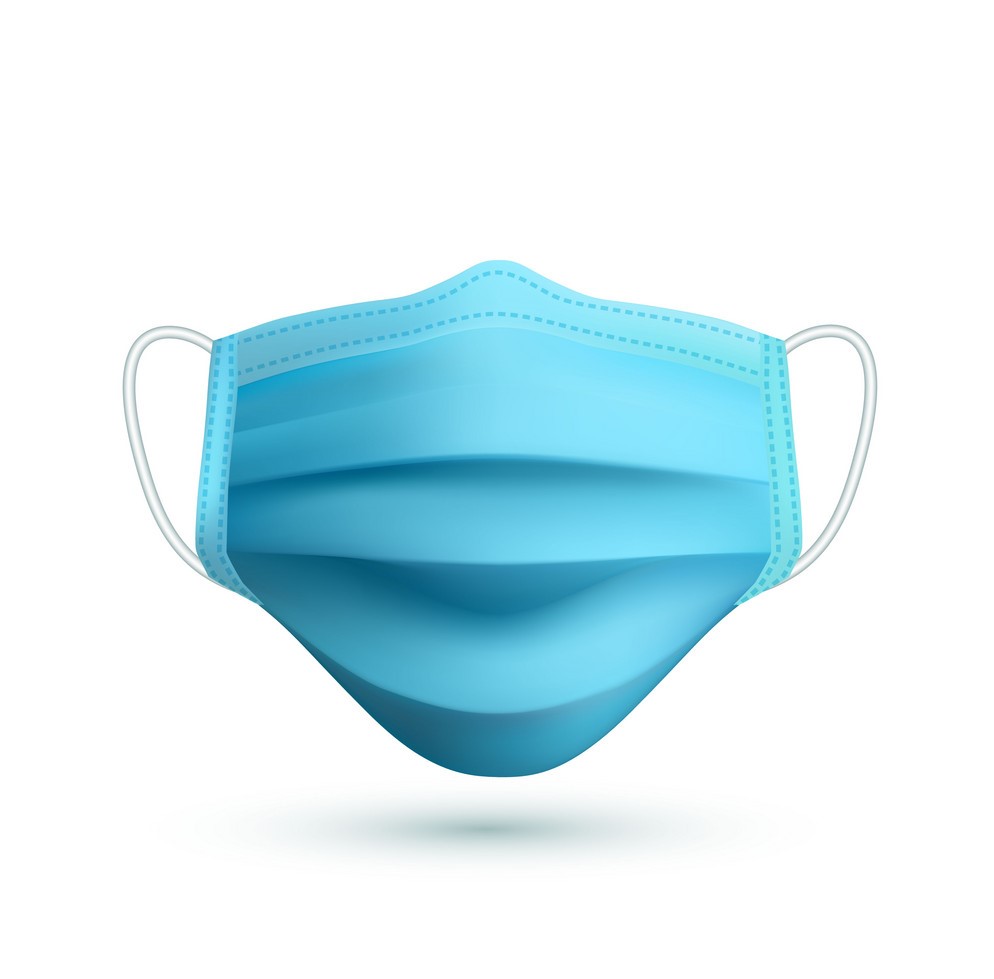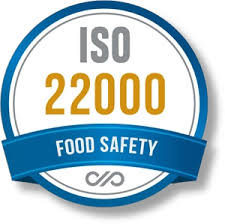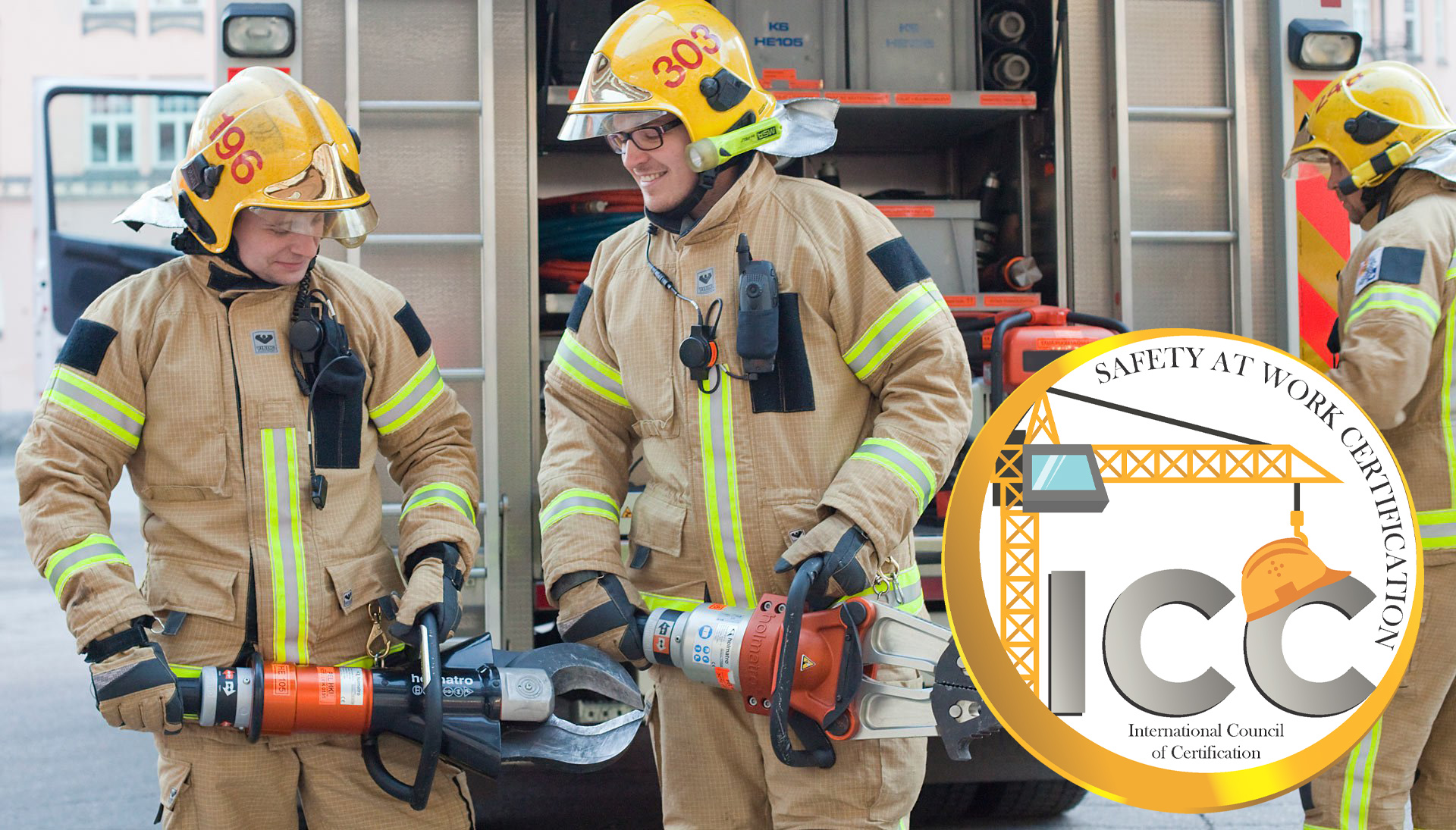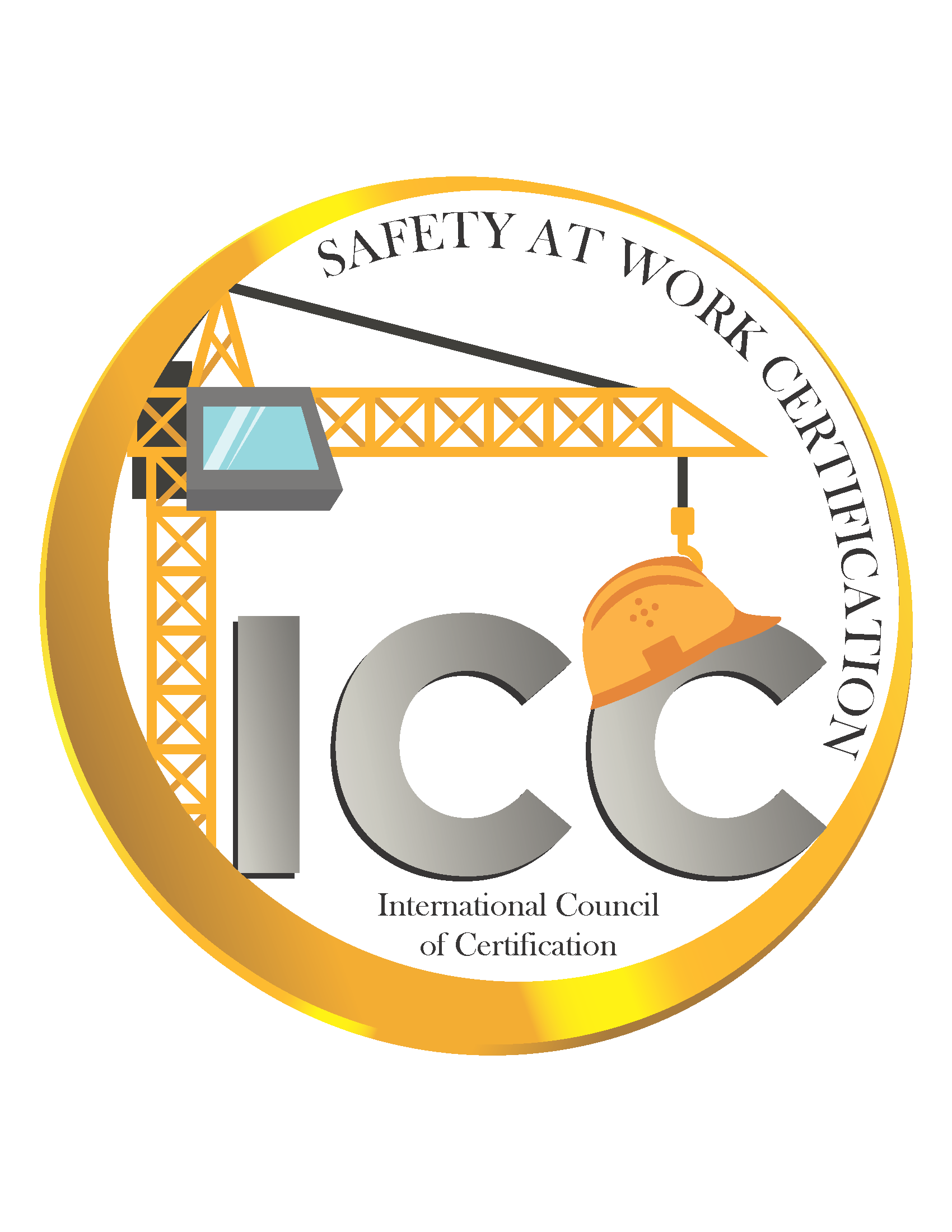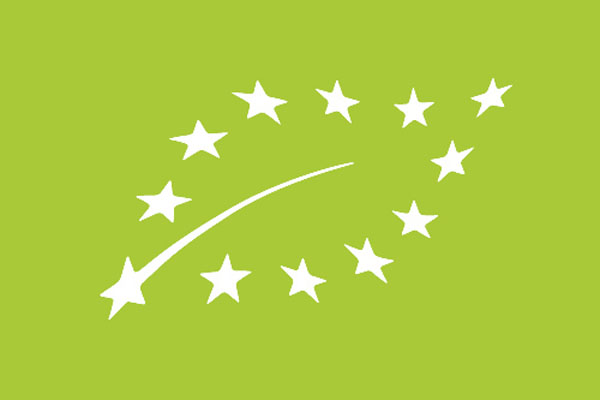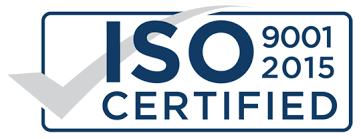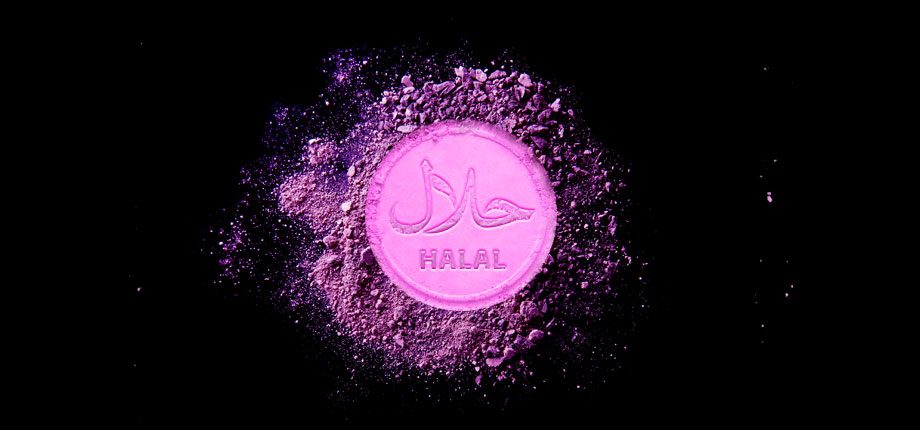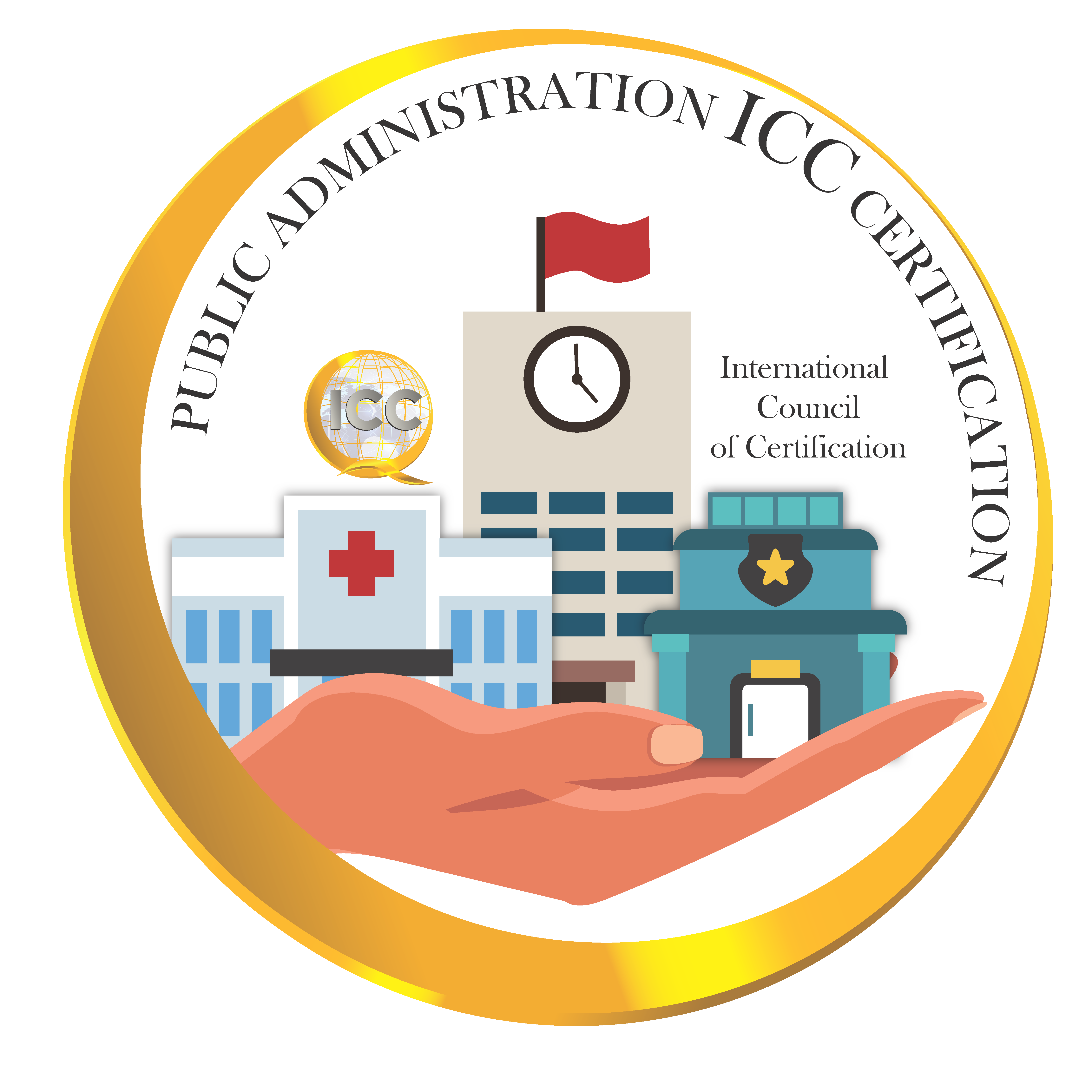Our Certifications and more
The International Council of Certification offers the service of classification and certification 5 Stars for Hotels, Resorts, Care Centers, SPA's, B&B valid and recognized in the European Union as in all other countries participating in the initiative ICC 5 STAR HOTELS.
The CE mark is a mark that must be affixed on certain types of products by the manufacturer itself, which with it self-certifies compliance (or conformity) to the essential requirements for marketing and use in the European Union set out in the New Approach directives.
ISO 9001:2015 is the recognized international standard for quality management (QMS).
All maintenance-free dust respirators that are placed on the European market must be approved according to the requirements of the European Personal Protective Equipment Directive REG. EC / 425 / 2016.
ISO 22000:2018, Food safety management systems – Requirements for any organization in the food chain, sets out the requirements for a food safety management system. It defines what an organization must do to demonstrate its ability to control food safety hazards and ensure that food is safe for consumption.
An organization is responsible for the health and safety at work (OSH) of workers and others who may be influenced by its activities. This responsibility includes the promotion and protection of their physical and mental health. The adoption of an OSH management system is intended to enable an organization to set up safe and healthy workplaces, prevent work-related injuries and illnesses, and continuously improve its OSH performance.
The Islamic religion, with its 1.5 billion believers in more than 50 countries, represents a very huge “reservoir” of new potential consumers; nevertheless, before approaching the Muslim world, it is necessary that any product or service respects the Muslim precepts.
HACCP is a management system in which food safety is addressed through the analysis and control of biological, chemical, and physical hazards from raw material production, procurement and handling, to manufacturing, distribution and consumption of the finished product.
ICC provides the ultimate standards for Risk Management at Workplace.
Every year around the world, nearly 2.8 million lives are lost due to work-related incidents and diseases. Creating safer workplaces is of absolute paramount, as is realizing the importance of independently certified health and safety management (OH&SAS) systems.
The recipients of the certification are the operators who produce, prepare, store, market or import from a third country both live or unprocessed agricultural products and processed agricultural products destined to be used as food obtained with the organic farming method.
Gaining certification from ICC International Council of Certification demonstrates that your quality management system (QMS) follows a robust and globally recognized approach that’s focused on continually improving your processes and managing business risks to meet the needs and expectations of your customers and other stakeholders.
The Islamic consumer is particularly attentive in the purchase of consumer goods that must be produced and marketed so as not to offend the moral and in particular the religious prescriptions.
ISO 14001 has become the international standard for designing and implementing an environmental management system. The standard is published by ISO (the International Organization for Standardization), an international body that creates and distributes standards that are accepted worldwide. The most recent version of the environmental management system requirements was published in 2015, and is referred to as “ISO 14001:2015.”
The International Council of Certification is the only Certification Authority in the World to certify the quality and management of services in Public National Administrations.
